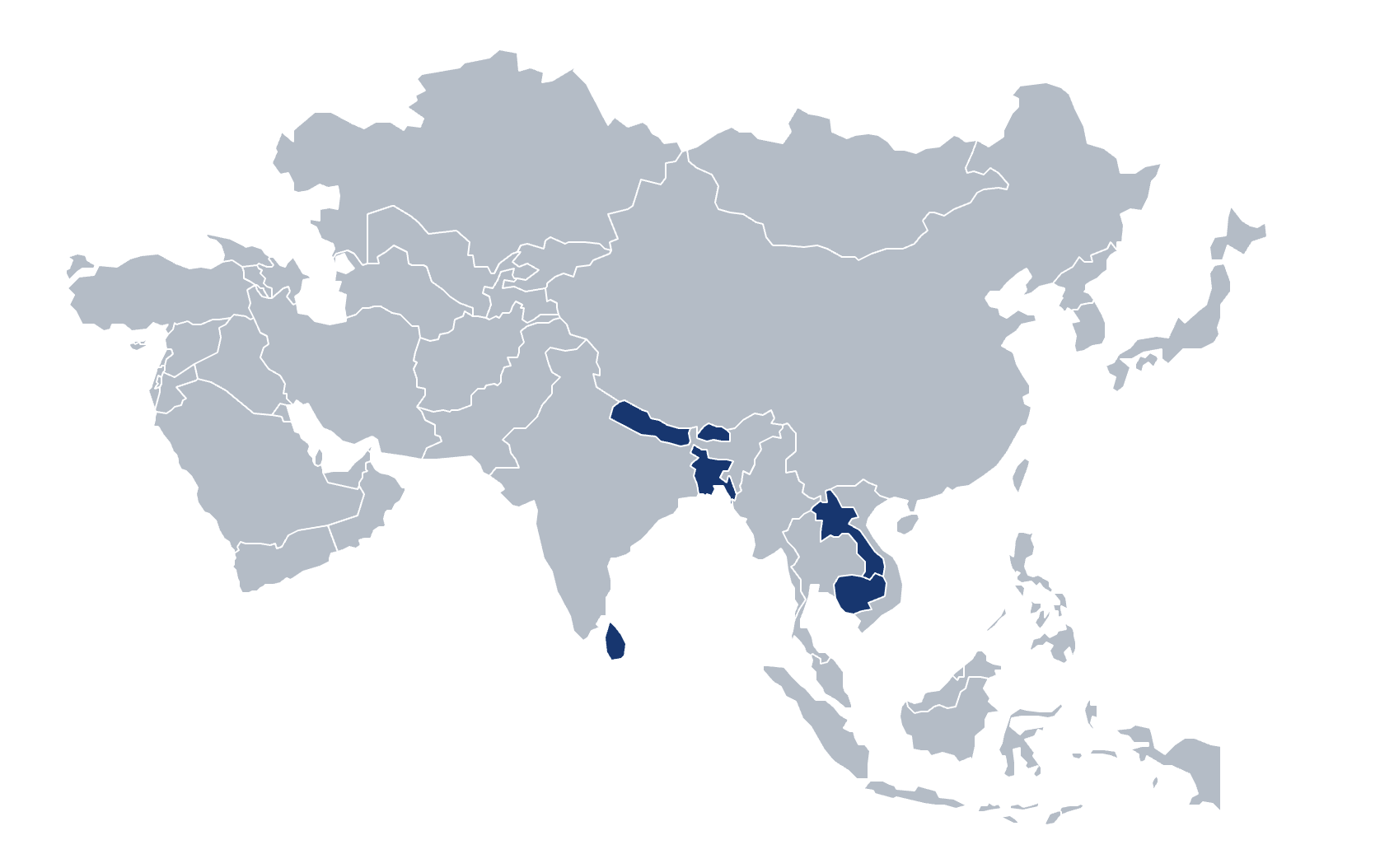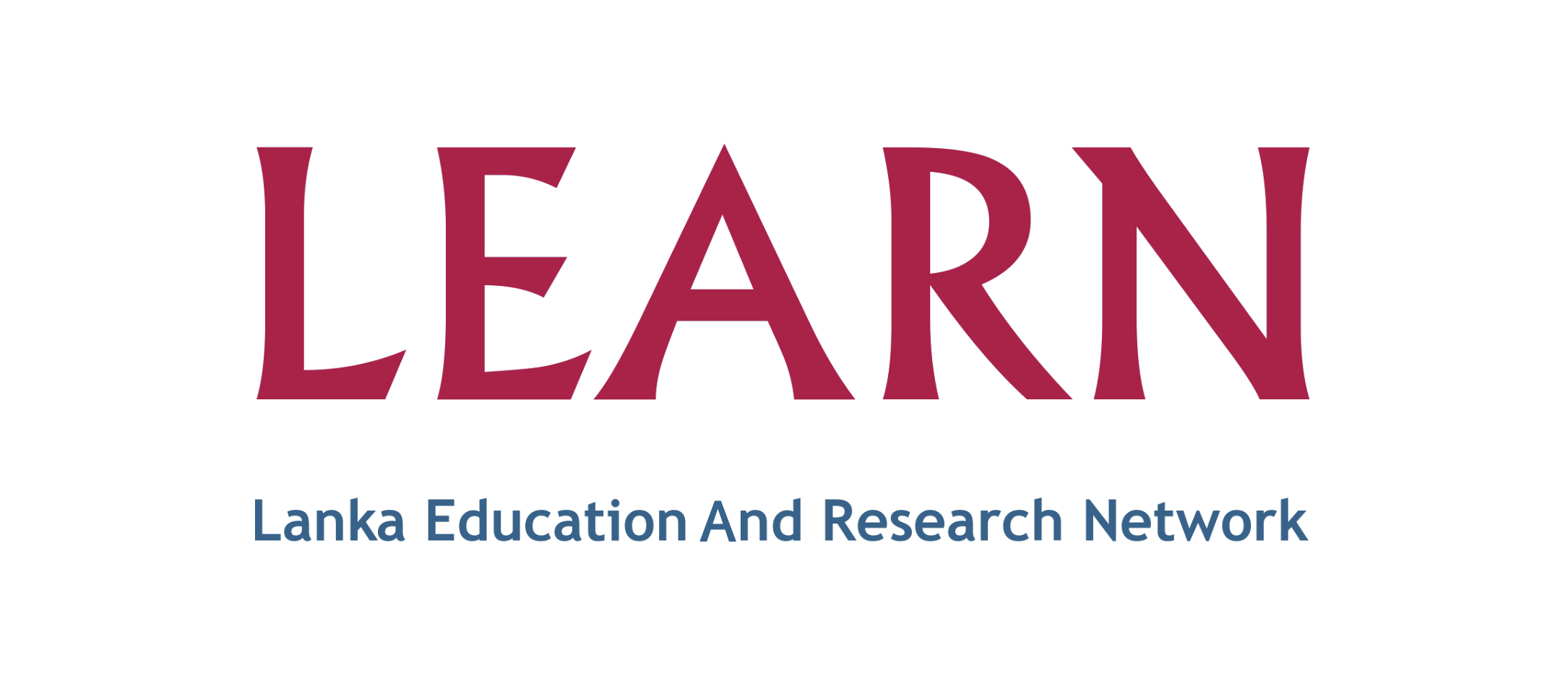

The pandemic severely impacted education in Sri Lanka, with schools and universities shutting down overnight and remaining closed for months. This made it essential for these institutions to switch to online learning to maintain educational continuity. However, achieving this was quite challenging. Besides the need to retrain educators in online teaching methods, there was a significant issue of lacking the necessary infrastructure to connect students and faculty online.
Realising that higher education in Sri Lanka was at a halt, NREN (National Research and Education Network) LEARN, in collaboration with BdREN and NORDUnet, responded with a few million-dollar online Zoom learning facility. With Project BeLISAC (Building eLearning Infrastructure in South Asian Countries), it has now moved into its next phase.
The pandemic significantly impacted education in Sri Lanka, forcing educational institutions to close for months. Transitioning to online learning became essential but challenging due to the need for retraining educators and establishing robust infrastructure to connect students and faculty online.
LEARN was aware of the possibilities of online learning prior to the pandemic. The organisation obtained Premium Zoom licences in 2019 via a collaboration with NORDUnet and BdREN; nevertheless, local academic institutions did not make full use of these licences. But during the initial lockdown, the pandemic compelled a quick switch to online instruction. In response, LEARN obtained an improved package of 5,000 and then 12,000 Zoom accounts, giving all administrators and teachers in Higher Education Institutions (HEIs) Premium Zoom licences.
The infrastructure of local higher education institutions in Sri Lanka was strained when they switched to online instruction using Zoom accounts that LEARN provided. By securing free data from telecom providers and investing in regional Zoom servers to guarantee continuous access, LEARN maintained the service free of charge. To manage resources, classes were first spaced out and supported by extra hardware. LEARN remained dedicated to promoting accessibility in higher education even after overcoming obstacles and achieving full utilisation in 2021.

The pandemic dealt education significant blow, especially in Sri Lanka. Overright, educational institutions closed their door for what would become an extended lockdown lasting months. Therefore, it was paramount for these institutions to transition to online learning for continuity. However, this was fear easier than done. Aside from retraining educators on the practicalities of online learning, a bigger problem was needing robust infrastructure to bring students and faculty online.
LEARN was aware of the possibilities of online learning prior to the pandemic. The organisation obtained Premium Zoom licences in 2019 via a collaboration with NORDUnet and BdREN; nevertheless, local academic institutions did not make full use of these licences. But during the initial lockdown, the pandemic compelled a quick switch to online instruction. In response, LEARN obtained an improved package of 5,000 and then 12,000 Zoom accounts, giving all administrators and teachers in Higher Education Institutions (HEIs) Premium Zoom licences.
This initiative is an ambitious effort to bring online learning to six countries across South Asia and around, with the right infrastructure. Furthermore, in line with the United Nations Sustainable Development Goals, the BeLISAC project is committed to empowering women and diversity for a more equitable IT industry. To that end, it will train a team of female engineers from each host country to manage the network infrastructure.
